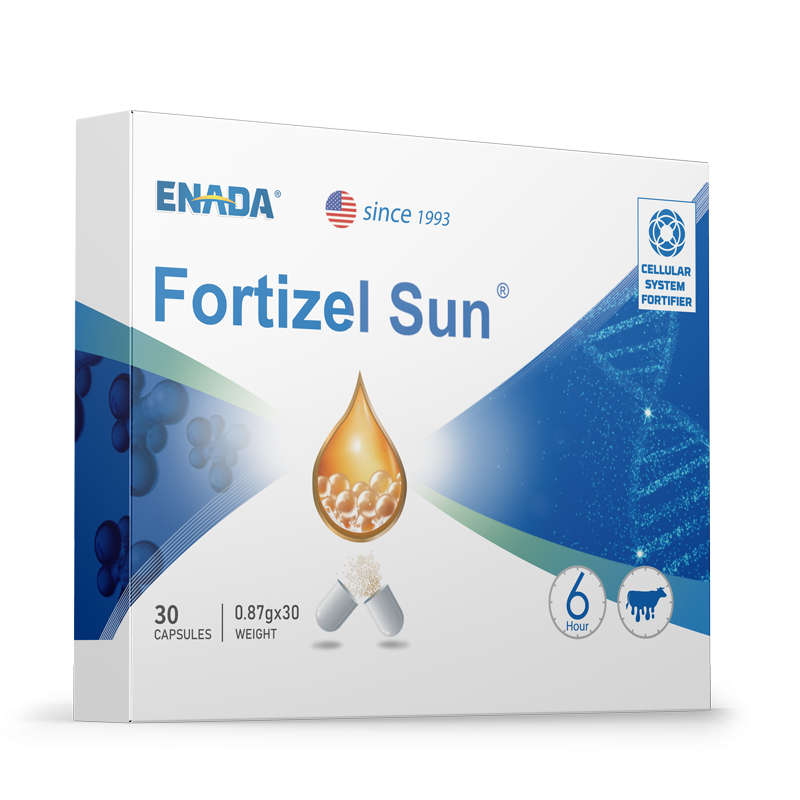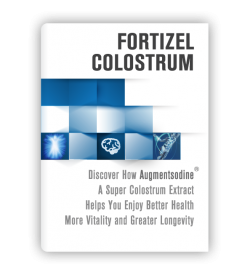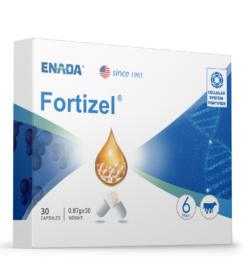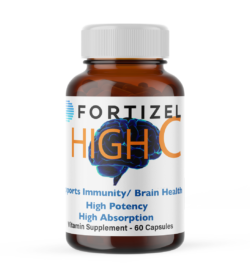Fortizel Sun – Strong Anti-Oxidant – Immunity Maximiser – Supports Diabetes – Normalises Cells
$49.95 – $367.60
Activate your Antibodies now ! A very strong anti-oxidant formulated product ( possibly the strongest Anti-oxidant available ) which will increase the blood flow under the skin and relieve damage by sunlight and repair blood vessels to allow better flow of blood .
Description
Activate your Antibodies with Fortizel Sun which activates your Humoral Immune System . Fortizel Sun is also a very strong anti-oxidant formulated product ( possibly the strongest Anti-oxidant available ) which will increase the blood flow under the skin and repair blood vessels.
Antioxidants can offer a degree of protection. It seems that various antioxidants are useful; flavnols such as those found in black and green tea along with polyphenols in red wine and cocoa have a mild protective effect against UV rays in the skin. I say mild, but have seen estimates that these antioxidant substances can reduce sunburn by 20 per cent or more depend on the antioxidant. (Note: Flavanols represent a specific group of bioactives, or plant-derived nutrients, within the larger family of natural compounds known as flavonoids. Published research has shown regular consumption of dietary flavanols can promote healthy blood vessel function. )
Other research shows that carotenoids found in brightly coloured red, yellow and orange foods help the skin reflect UV rays. Lutein, a carotenoid richest in kale and spinach, was found to reduce the damaging effects of UVB (the ultraviolet rays that burn skin). This research, published in the American Journal of Clinical Nutrition, pointed out that any dietary antioxidants would take several weeks to express themselves in the skin given the natural turnover of skin cells. This has a bearing as hoping for safer sun exposure this summer by increasing antioxidant.
Vitamins C and E
Vitamins C (L-ascorbic acid) and E (composed of tocopherols and tocotrienols) have both been identified as powerful skin protectors. While each has been found effective when taken separately, substantial experimental evidence reveals that combining them synergistically is more effective in suppressing sunburn reactions. It turns out that vitamin C protects vitamin E from the oxidation it undergoes during the process of ending ROS chain reactions, so it actually regenerates vitamin E activity without requiring new additional reserves to get the job done.
Both vitamins were even more effective when applied topically to the skin. In terms of protection, regular topical application of a 10% solution of vitamin C just 30 minutes before exposure reduced incidence of sunburn by 30%. This finding has led to the widespread hypothesis that UV damage may be caused in part by the depletion of the skin’s defenses from radiation.
Several studies have documented the photo-protective effects of vitamin E when topically applied to human skin. In addition, the application of vitamin E to the backs of hairless mice immediately after UV radiation reduced sunburn by 40% to 55%.
Selenium
This trace mineral is required for the activity of at least two types of enzymes (Glutathione Peroxidase and Thioredoxin Reductase) and represents a significant portion of cellular defense against oxidative stress in mammals. A number of cellular studies have demonstrated the protective effects of Selenium for UV-induced damage, including DNA damage and lipid (fat) peroxidation.
Zinc
The skin is rich in zinc and it serves as a catalyst for enzymes responsible for DNA replication, gene transcription and RNA and protein synthesis. Several studies with mice showed that zinc can reduce UV-induced sunburn and protect against UV-induced immune system suppression.
Carotenoids
The carotenoids Beta-carotene, Lutein, Lycopene, and Zeaxanthin are potent antioxidants found naturally in green leafy vegetables, carrots, corn, and eggs. Oral carotenoid intake from natural sources or supplements has been shown to significantly reduce susceptibility to sunburn.
In one 12-week study in Germany, two different antioxidant supplements containing carotenoids and selenium were tested for their impact on skin structure and health. Two of three groups of subjects were given different levels of a mixture of beta-carotene, lutein, lycopene, alpha-tocopherol (vitamin E) and selenium. The third group was given a placebo. After the 3 months, the results showed significant improvement in the quality of the skin of the groups that took either form of supplementation while there was no improvement in the placebo group. Another study in Germany examined the photo-protective effects of Lycopene in its natural and synthetic form. Both resulted in a decrease in the reddening of the skin of UV exposed participants (indicating protection from UV damage) but the participants who received the natural form experienced a 38% reduction vs. 25% reduction for the participants who were given the synthetic form.
Genistein
Soy is a rich source of flavonoids called isoflavones, the most plentiful of which is Genistein –a powerful antioxidant. It’s been found to provide protection from oxidative damage induced by UV radiation. When administered topically it inhibited skin tumor development by 60-75% in hairless mice.
Tea Polyphenols
Tea is a significant source of ROS-scavenging polyphenols, which make up 30-35% of the leaf’s dry weight. Tea polyphenols have been widely studied in animals for their anti-carcinogenic potential. Researchers in both Turkey and the U.S. found that oral or topical administration of polyphenols found in green tea may prevent UV-induced skin tumor development.
So next time you find yourself worrying about what sunscreen product to use to protect yourself, or whether you can trust the manufacturers of those products to make a product that is safe, reach for that bottle of vitamin C instead!
Publishing in The FASEB Journal, the authors describe how in laboratory tests, they compared the protection offered against either UVA radiation or free radical stress by several antioxidants, some of which are found in foods or cosmetics. While UVB radiation easily causes sunburn, UVA radiation penetrates deeper, damaging our DNA by generating free radicals which degrades the collagen that gives skin its elastic quality.
The Newcastle team found that the most potent antioxidants were those that targeted the batteries of the skin cells, known as the mitochondria. They compared these mitochondrial-targeted antioxidants to other non-specific antioxidants such as resveratrol, found in red wine, and curcumin found in curries, that target the entire cell. They found that the most potent mitochondrial targeted antioxidant was tiron, which provided 100%, protection of the skin cell against UVA sun damage and the release of damaging enzymes causing stress-induced damage.





